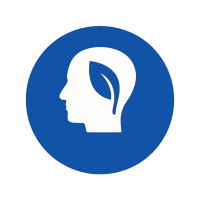
Dr. Jon Douglas specializes in tinnitus, hyperacusis & misophonia management, hearing aid technology, and vestibular evaluations. With over 19 years of academic and clinical experience, Dr. Douglas is deeply committed to providing evidence-based audiological care that improves the lives of patients affected by hearing, balance, and sound sensitivity disorders.

